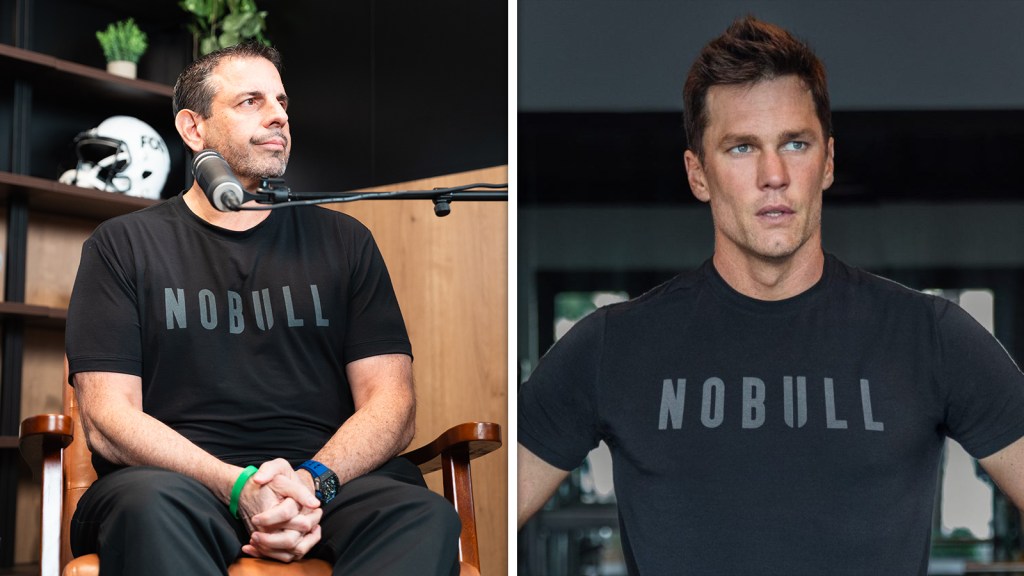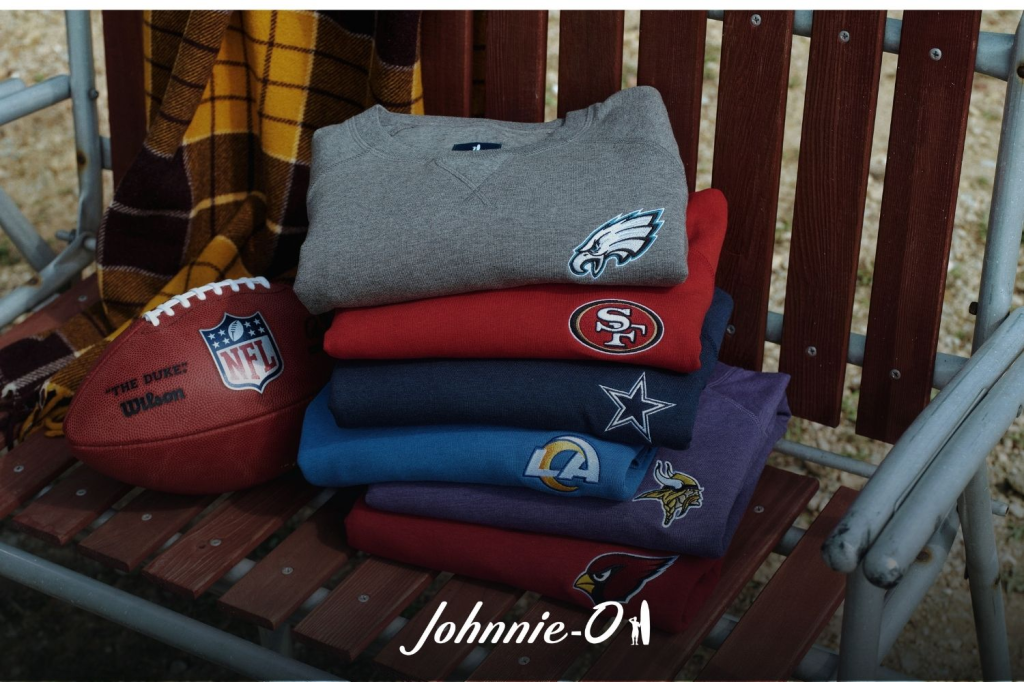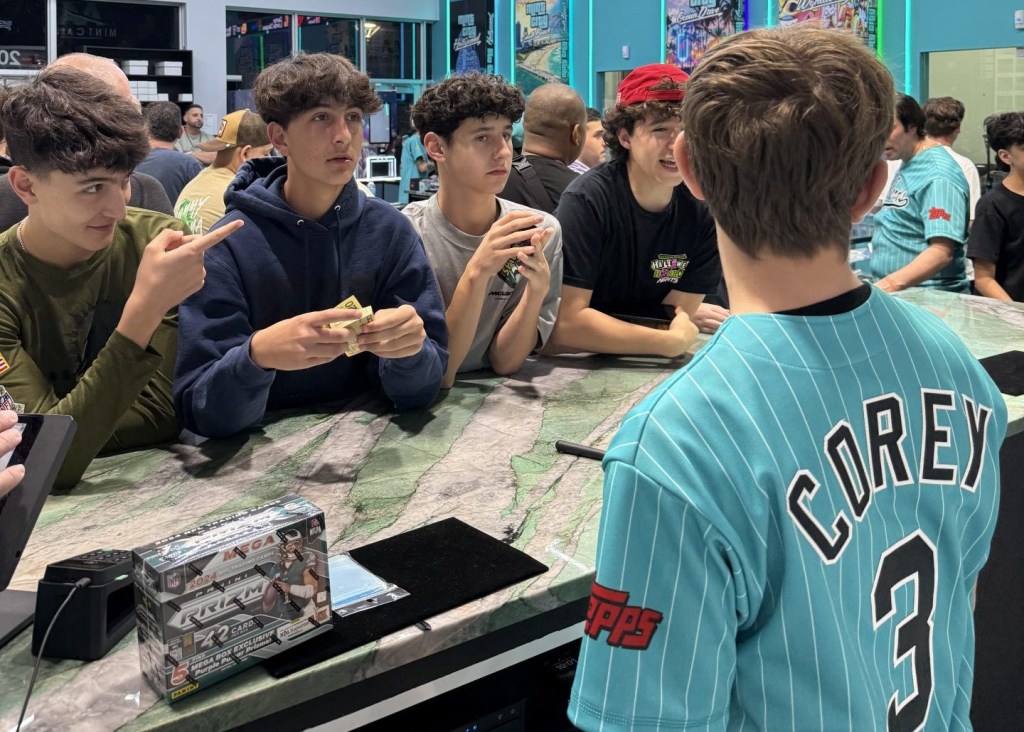The sports collectible wars are escalating in a major way.
On Thursday, Panini America filed an antitrust suit against Fanatics, claiming the Michael Rubin-led giant violated federal law with its dominant entry into the trading card business.
The suit, filed in U.S. District Court for the Middle District of Florida, also alleges Fanatics disparaged Panini to various industry partners and interfered with existing contracts.
Fanatics has made a massive sweep into the industry over the past two years, buying Topps and striking exclusive, long-term licenses with the NBA, MLB, NFL, and their players unions. The pacts upended an industry that had enjoyed decades of relative stability.
“Fanatics is preemptively eliminating all competition before showing competitive superiority or any ability to benefit consumers,” the suit reads. “By locking up player trading cards for all three major U.S. professional sports leagues for the next decade and two of them for the next two decades, Fanatics is foreclosing any meaningful competition for the foreseeable future.”
Panini is seeking unspecified monetary damages and Fanatics’ divestment of Topps, and has supplemented its intentions by hiring veteran attorney David Boies. The longtime power broker has represented Dallas Cowboys owner Jerry Jones and late New York Yankees owner George Steinbrenner, numerous leagues, and players unions, and also aided the U.S. government in a successful antitrust suit against Microsoft.
Fanatics Pushback
Fanatics blasted both the Panini lawsuit and the company’s overall approach to collectibles.
The “lawsuit is a baseless, last-gasp, flailing effort by a company that has lost touch with its consumers, is failing in the marketplace, and has tried unsuccessfully to sell itself,” Fanatics said.
In May, the sides reached a separate agreement restricting Fanatics’ ability to recruit Panini staffers and enjoining Fanatics’ ability to use confidential information from former Panini employees.

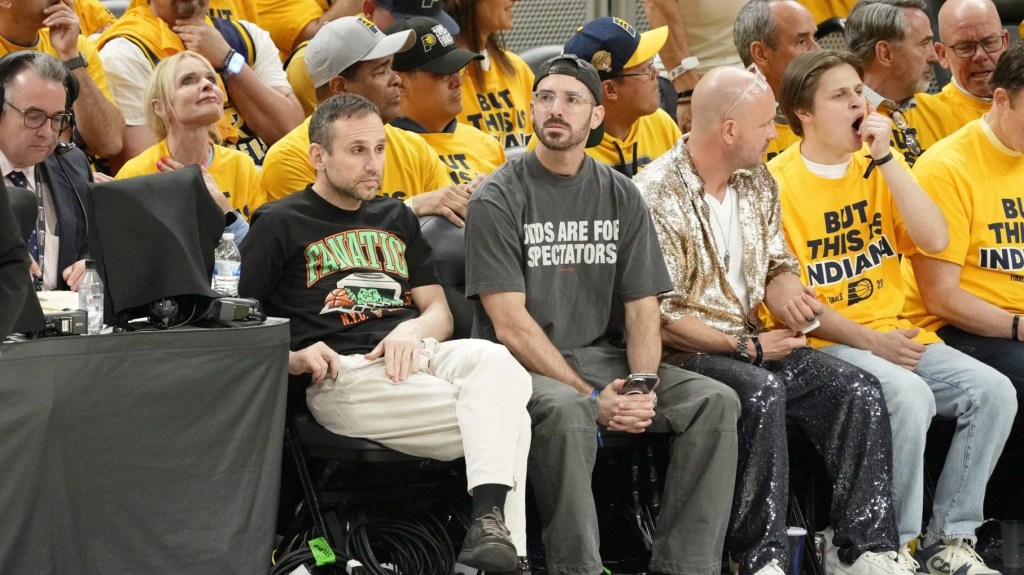

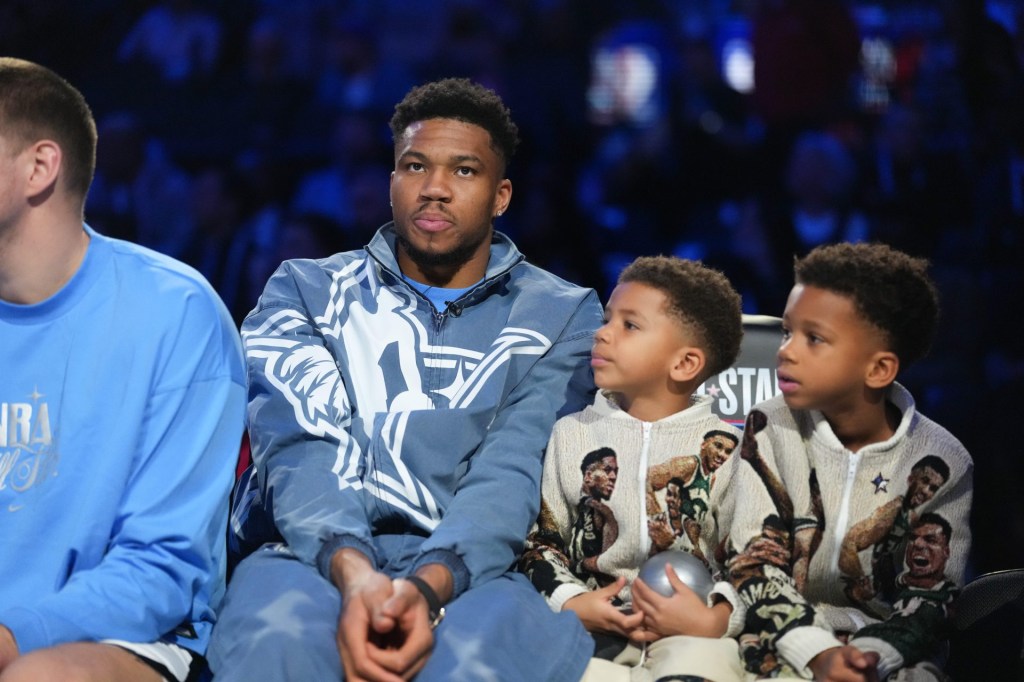



![[Subscription Customers Only] Jun 15, 2025; Seattle, Washington, USA; Botafogo owner John Textor inside the stadium before the match during a group stage match of the 2025 FIFA Club World Cup at Lumen Field.](https://frontofficesports.com/wp-content/uploads/2026/02/USATSI_26465842_168416386_lowres-scaled.jpg?quality=100&w=1024)
![[Subscription Customers Only] Jul 13, 2025; East Rutherford, New Jersey, USA; Chelsea FC midfielder Cole Palmer (10) celebrates winning the final of the 2025 FIFA Club World Cup at MetLife Stadium](https://frontofficesports.com/wp-content/uploads/2026/02/USATSI_26636703-scaled-e1770932227605.jpg?quality=100&w=1024)
